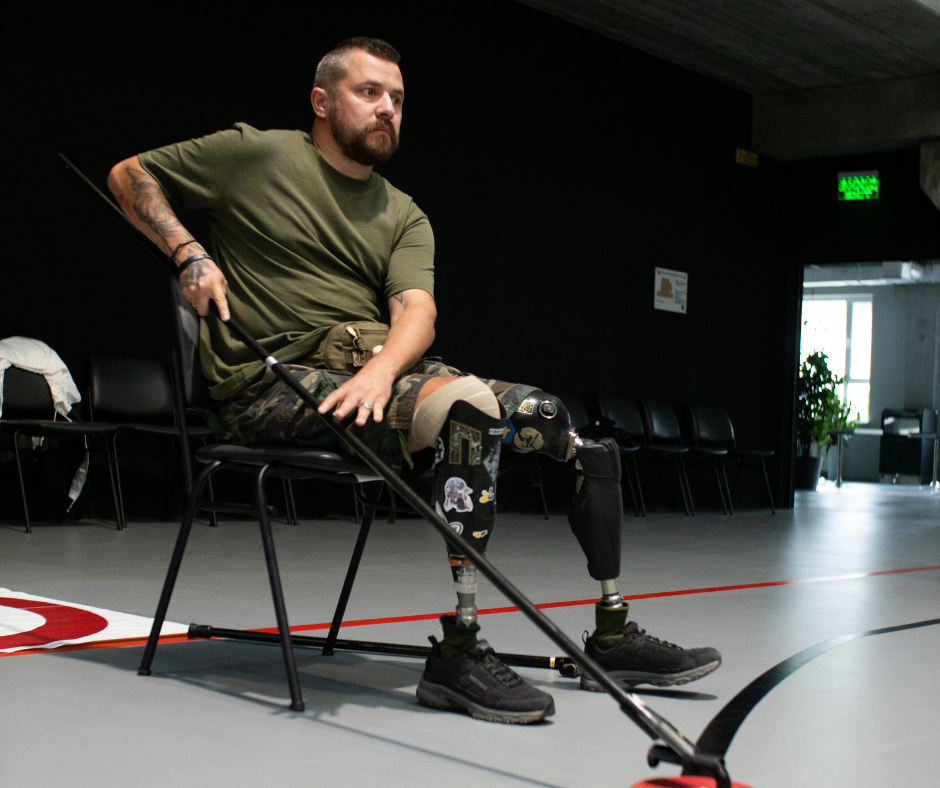Before and after his involvement in the war, OLEKSII PRYTULA has worked as a veterinarian. He believes it’s crucial for society to recognize the sacrifices made by soldiers for the country and to ensure this understanding is passed down to the next generation.
About himself. I spent most of my life in Izmail, but I studied at an agricultural university in Odesa. Afterward, I returned home, worked both in my field and in other jobs. In 2011, we decided to change our lives and moved to Odesa. A university friend of mine, who was the chief veterinarian at a clinic, offered me a position as an assistant. I was 30 years old and started fresh. Within a few years, I became a veterinarian, initially working as a general practitioner and later specializing as a dermatology expert. Today, I’m a veterinary dermatologist.
While I can be firm in my beliefs, it doesn’t define every aspect of my life or how I interact with others. I consider myself an ordinary person, and I see that as one of my strengths. I believe in recognizing my mistakes, as it’s one of the most important qualities anyone can have, especially now. If we all embraced our mistakes and learned from them, things could change for the better. Of course, I’ve made my fair share of mistakes, but I always strive to own them and grow from those experiences.
About language. I have a deep love for history. I believe that understanding history shapes us. n schools, history and the Ukrainian language should be the primary subjects. Language is especially significant during war. It’s great that we know Russian because it’s easy to spot a Russian speaker — they don’t know our language. But our military, when they hear Russian, are not surprised. Russian, especially in war, should raise the suspicion that something might be wrong.
My child is the only one on the playground who speaks Ukrainian. She is very conscious of it and always sticks to Ukrainian. However, some other children who speak Russian do switch to Ukrainian when talking to her.
I, too, was Russian-speaking for most of my life. I used to justify it, but now I don’t want to excuse people’s ignorance of the Ukrainian language.
About the war. I had no connection to the military service before. I even had a disdain for conscription. When the National Guard was created, I went to submit my documents there. They told me they would call me back. At that time, my wife was pregnant, and I didn’t push the issue further. I can’t say that I tortured myself over it, but I constantly felt ashamed. I was always aware of what was going on. After the occupation of Crimea and the capture of parts of Donetsk and Luhansk, I understood that this was the beginning of a large-scale war. I followed the political situation, occasionally reading Russian “oppositional” media. When Russia recognized the so-called “LNR” and “DNR,” I had no doubt that this was a major war. When they started concentrating their forces on the borders, only a fool could have thought it was all a bluff.
There are key moments in both our history and Russia’s that gave me a clear understanding of who we’re dealing with: Tuzla, the agreement on the Black Sea Fleet, and the “she drowned” response from Putin about the Kursk submarine disaster. That’s when I realized what kind of creature we were dealing with. Then came Yanukovych, and I understood where things were heading.
My decision to go fight was a natural course of events. It was something I had to do. Not forced, but something different. Just like I’m not forced to breathe, I wasn’t forced to join the war — the war came to our country, and the decision was obvious. I can’t say that I was eager to go to war, but in March, I came to the Territorial Center for Recruitment and set myself on record. On July 5th, I left for the training center. At first, I thought I’d be a medic, but then it didn’t matter — I was ready to do anything, just to push them out of here as soon as possible. I became an assault trooper.
I found myself near Bakhmut in August. It was constant shelling, and I had the feeling that it was all over, that life had ended. Eight days without contact with my family. I told my wife, “I’ll call you in the evening.” And I got in touch with her after eight days. I was really worried about her because she’s very emotional.
We were constantly being shelled — artillery, tanks, mines… The only thing was that they didn’t advance.
Then came Kharkiv region. There, I had an amazing feeling, like I was entering history. I realized that there would be a Wikipedia article on the “Kharkiv Counteroffensive,” and I was part of that movement.
I didn’t have any military achievements, but somehow I took a prisoner. Later, this story gave me peace in the hospital, thinking to myself: “I captured one of the bastards, and they took me out of the game.”
About the injury. During the assault on Lyman on September 30, we came under fire from “Uragans,” and I was wounded. In moments like that, you lose a bit of fear as everything around you is whistling, until you realize that the one meant for you has hit.
I quickly applied tourniquets to myself, fully aware of how bad it was. I could hear our guys nearby, so I pulled myself together as much as possible and called out to them: “If you can hear me, I’m a severe 300 [military term for a seriously wounded soldier]. If you can, help me.” I heard footsteps approaching. I soon heard footsteps, and a soldier approached, reassuring me they’d figure out how to get me out. That’s the last thing I remember before losing consciousness.
I regained consciousness as they carried me on soft stretchers under fire to the road where the armored vehicle was waiting. The soldier who had reached me kept urging me to stay awake. And I, in turn, was asking them to hold my hand. That was important to me throughout the entire evacuation.
About accepting the injury. I have a healthy perspective on my injury. I got it in a serious and meaningful situation—not from something trivial like a careless accident. I don’t feel the need to ask the heavens, “Why me?” In a way, it’s an honorable, albeit unpleasant, reminder that my life has been purposeful.
I went into this knowing the risks. I understood what could happen, and I also recognize that others have faced far worse outcomes.
About support. I consider myself a confident person, but after my injury, I realized how vital support truly is. Even in the hospital, something as simple as having someone hold my hand meant everything. Maybe it could be seen as a moment of weakness, though I don’t view it that way. That simple act kept me from sinking into the chaos going on in my mind. I never let myself fall into deep depression. My wife was by my side the entire time, along with countless others offering support. Honestly, I didn’t expect so much care. The level of support I received could have been enough for an entire platoon.
People with severe injuries should never be left alone. Isolation, or the feeling that you’re unwanted, is devastating. Friends and loved ones need to step up and be there for them as much as possible.
There’s no place for pity or tears. My wife would step outside to cry when she needed to, and I appreciated that she never did it in front of me. The support I received from her was immense, and I’ll always be grateful for it.
About social media activity. I’m a person of my time, and the thoughts I share reflect that. Most of what I post on social media are my own reflections. I became more active on social platforms after my injury. It became a way for me to rehabilitate and reconnect with society. The support I received was incredible—not just from the people physically around me but also from countless others who reached out. I was getting thousands of messages daily from clients, veterinary colleagues, comrades, and people I had crossed paths with throughout my life. It was as if they all came together in my social media space.
At some point, I started sharing my thoughts. Initially, it was something I needed for myself—a way to express the things that troubled me. I didn’t think much about how my posts might affect others. But then, people started writing to me, saying my words resonated with them.
I don’t see myself as someone delivering groundbreaking ideas. A lot of what I write is similar to what many others in this country are saying, especially in the context of war. I also draw inspiration from others. But if my words help even one person realize something or articulate a thought, I’ll feel deeply satisfied.
About life changes. Life has become much more dynamic and fulfilling since then. I’ve gained some public recognition, discovered sports, built new connections, and taken part in various events. Most importantly, I feel like I’ve done something truly meaningful. Perhaps, this is exactly what I was meant to do with my life.
Translated by Green Forest English School

